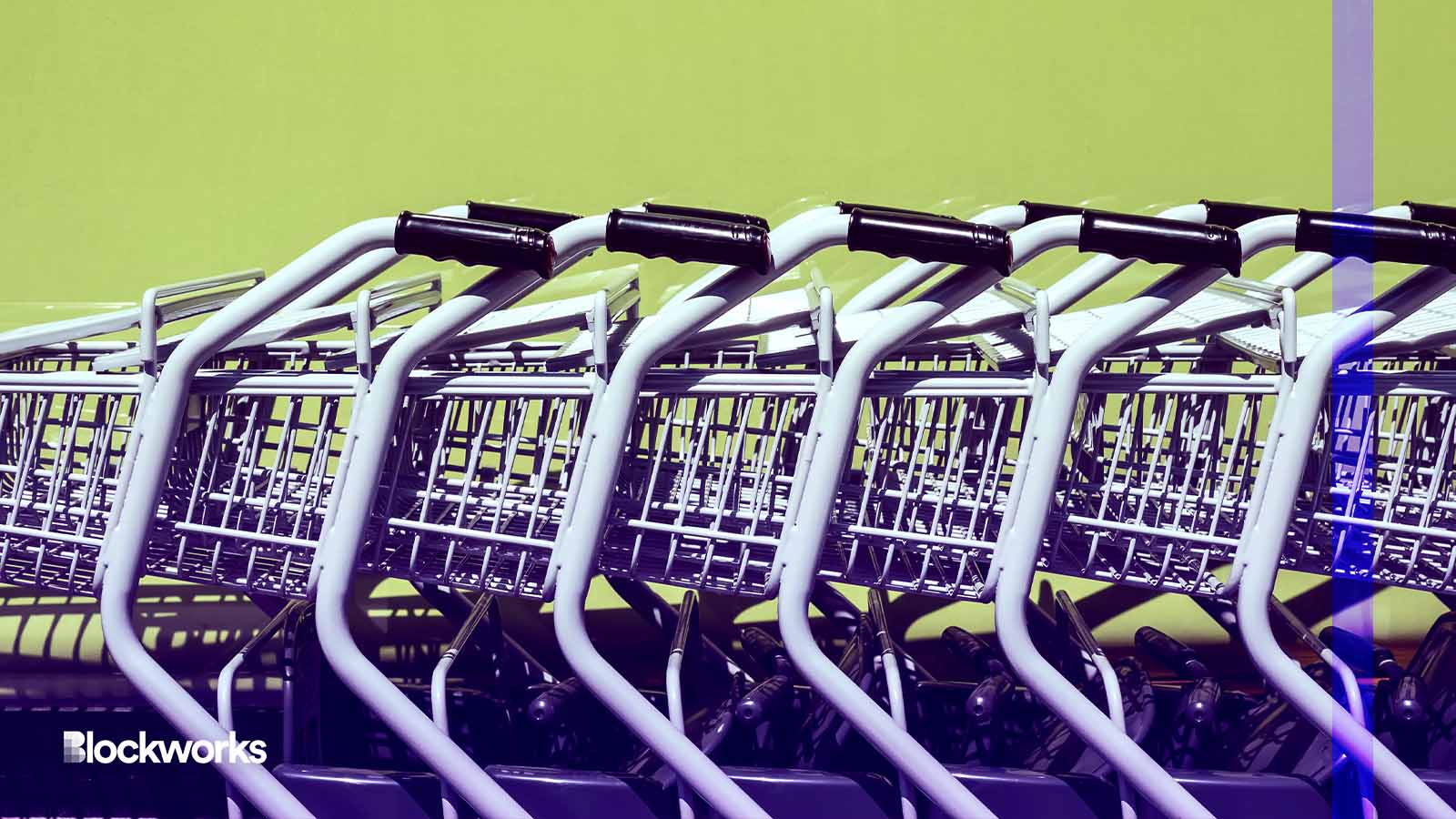Kraken NFT marketplace launches with over 250 collections
The exchange’s NFT platform has been in the works since their private beta launch in October 2022

VTT Studio/Shutterstock modified by Blockworks
Kraken, a centralized exchange headquartered in San Francisco, has announced that its NFT marketplace is now live. The marketplace launched with a selection of over 250 unique NFT collections.
A notable feature of the new marketplace is its gasless experience — when purchasing or selling a digital asset on the platform, a user will not be charged for the transactions. This will be the case regardless of market conditions.
Gas fees, however, will be charged for transferring digital assets on and off the platform.
The Kraken NFT marketplace has been in the works for over a year, launching a public beta version of its testnet in November last year.
During its beta phase, the marketplace supported NFT collections from Ethereum and Solana. With its public launch, the marketplace has expanded its offerings to include digital collectibles from Polygon as well. This includes popular items such as its “red-hot Reddit collectible avatars.”
The marketplace also aims to be user friendly for non-crypto-native traders.
Most NFT platforms today require their users to have a crypto wallet to purchase digital collectibles. Kraken’s platform accepts fiat and cryptocurrencies — meaning users can bid on a NFT even if they do not own any tokens.
For those who do have a wallet, the NFT marketplace currently supports MetaMask and Phantom, with plans to later connect with WalletConnect.
Kraken’s decision to launch its NFT platform comes amid a US government crackdown on centralized exchanges. Competition in the NFT marketplace remains fierce, with marketplace giants OpenSea and Blur dominating the space.
Get the news in your inbox. Explore Blockworks newsletters:
- The Breakdown: Decoding crypto and the markets. Daily.
- Empire: Crypto news and analysis to start your day.
- Forward Guidance: The intersection of crypto, macro and policy.
- 0xResearch: Alpha directly in your inbox.
- Lightspeed: All things Solana.
- The Drop: Apps, games, memes and more.
- Supply Shock: Bitcoin, bitcoin, bitcoin.





